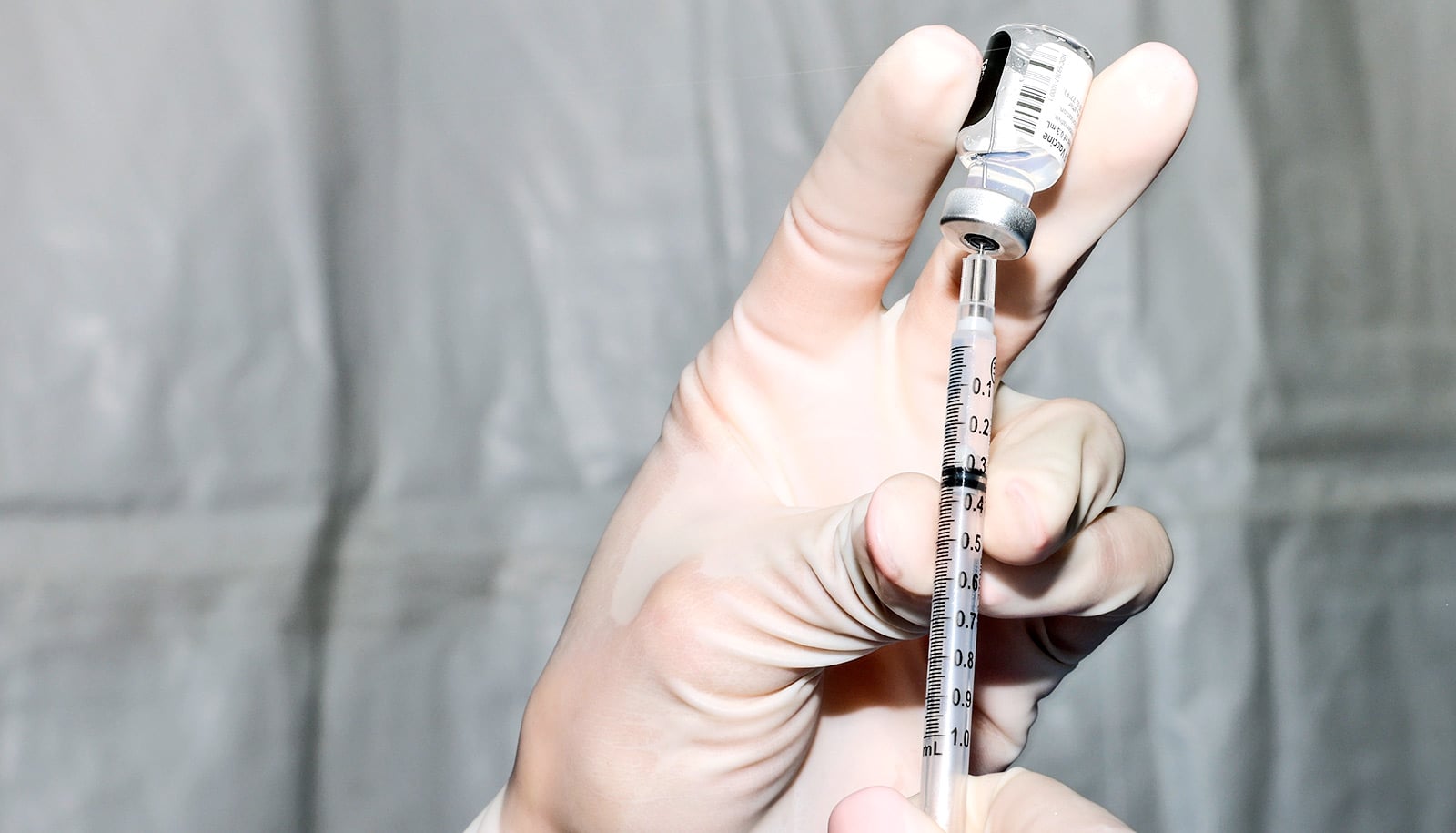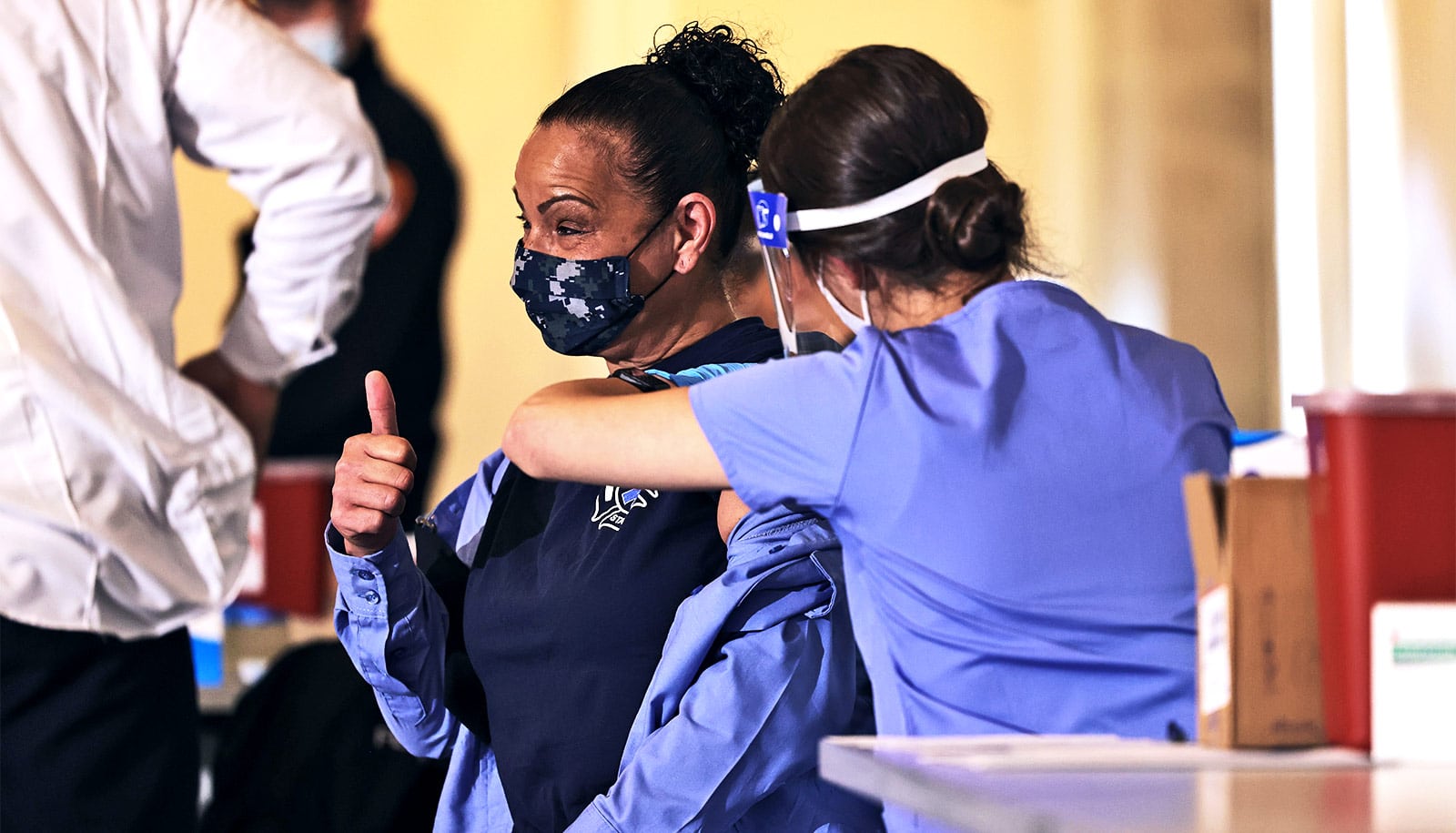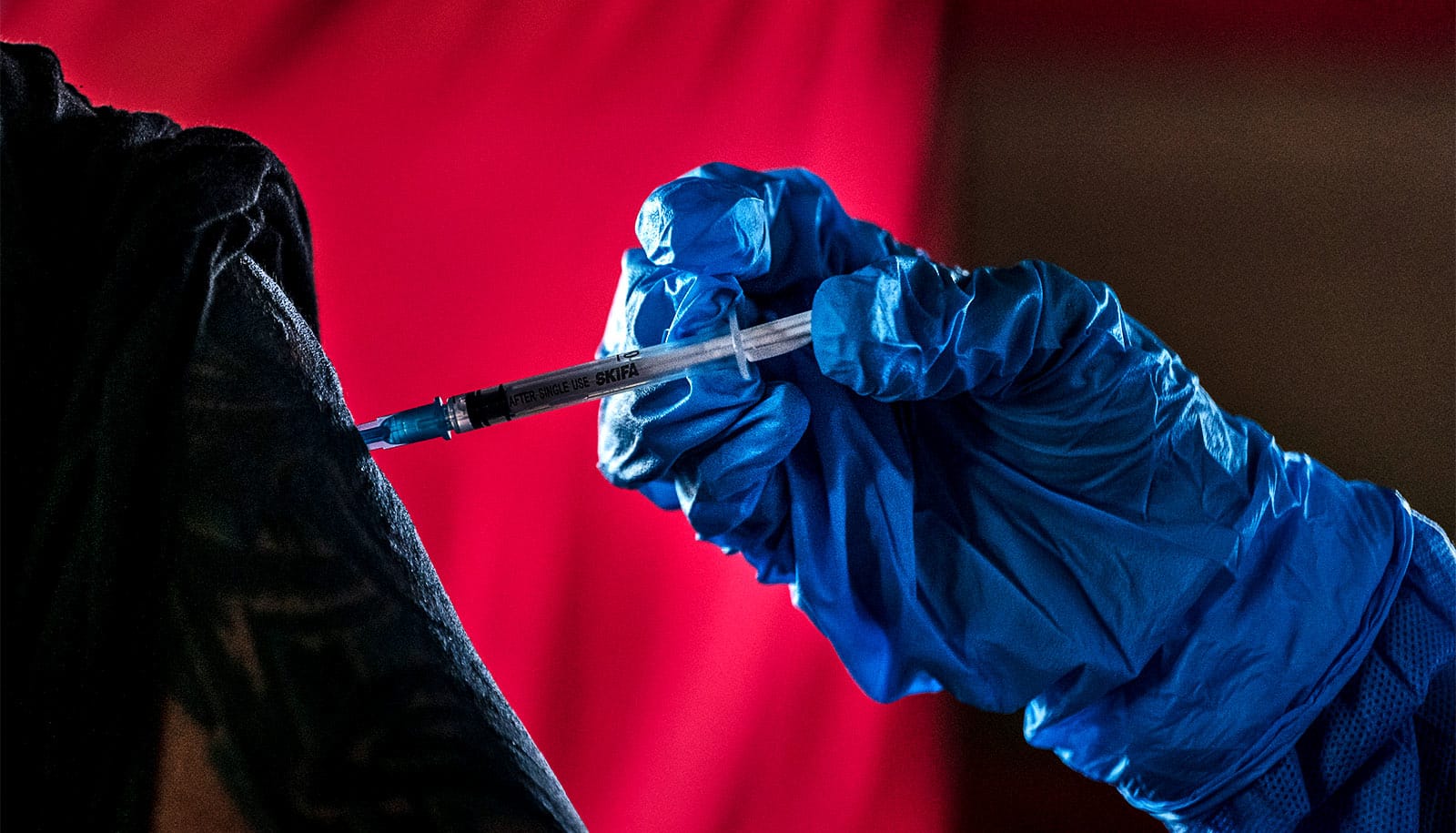There’s no correlation between states’ school reopening status and the ability of teachers to get vaccinated against COVID-19, a new analysis finds.
Even as President Joe Biden this week urged states to prioritize teachers for vaccinations, an analysis conducted with Johns Hopkins University’s teacher vaccination tracker finds that no states are reporting the percentage of teachers and school staff that have been vaccinated.
“There is an accumulating body of scientific evidence that should be reassuring the public that kids can be brought back to school safely when appropriate mitigation measures are in place and community transmission is low. Right now, there is a massive disconnect between where schools are open and whether or not teachers have been prioritized for vaccination,” says Megan Collins, co-director of the Johns Hopkins Consortium for School-Based Health Solutions, who helped create the new eSchool+ Teacher & School Staff COVID-19 Vaccination Dashboard, which provides state-by-state information on school reopening status, teacher vaccination policies, and other vital data.
The new dashboard, which launched Thursday, compiles data that will be essential to education and public health policy makers, teachers and school staff, and parents in making informed decisions about safe school reopening. In addition to monitoring state-by-state school reopening status and vaccination prioritization for teachers and school staff, the dashboard includes a wide range of epidemiological data, including trends in cases, infection rate, and hospitalizations. It is updated at least twice weekly with publicly available information from state and territory departments of education, health, state COVID-19 dedicated websites, and news sources.
“More and more teachers will be eligible for vaccine over the coming weeks. There are many reasons why it is important that all or at least most teachers seize that opportunity and get vaccinated, including helping to build trust in vaccination in the wider school community,” says Ruth Faden, founder of the Johns Hopkins Berman Institute of Bioethics.
The dashboard also monitors whether a state is making COVID-19 vaccination compulsory for teachers to return to in-person instruction and if a state is monitoring uptake of vaccines by teachers/school staff, including acceptance and refusal rates, data that are not currently being tracked anywhere else. Monitoring vaccine acceptance rate will be a critical next step as vaccines become more readily available for teachers. To date, no states are reporting this information, says Faden.
“While many well-resourced parents are trusting the reopening process, other families are saying we’re not sure our children will be safe in schools. The question is not, who is sending their kids back, the question is who is not?” says Annette Campbell Anderson, deputy director of the Johns Hopkins Center for Safe and Healthy Schools and an assistant professor and faculty lead in the university’s School of Education.
“The information from this dashboard will provide data that will help rebuild trust among all families and will play an important role in achieving the ambitious, but realistic, goal of having all children back in schools by next fall.”
Collins says student learning loss must be top of mind for everyone.
“Recognizing the deleterious effect of lost learning over the past 12 months, especially for students from disadvantaged backgrounds, our efforts must be directed towards getting children back in the classroom this spring and next fall,” says Collins, who is also an assistant professor at the Wilmer Eye Institute and Berman Institute of Bioethics.
“Many people assume that things will be back to normal in time to start the next school year, but it’s going to take an immense amount of work to make that happen.”
The eSchool+ Initiative is a collaboration among the Consortium for School-Based Health Solutions, the Berman Institute of Bioethics, and the Johns Hopkins schools of Education, Medicine, and Public Health. The Initiative develops tools and resources for K-12 schools to consider when and how to ethically reopen and close during the COVID-19 pandemic.
Source: Jamie Smith for Johns Hopkins University



